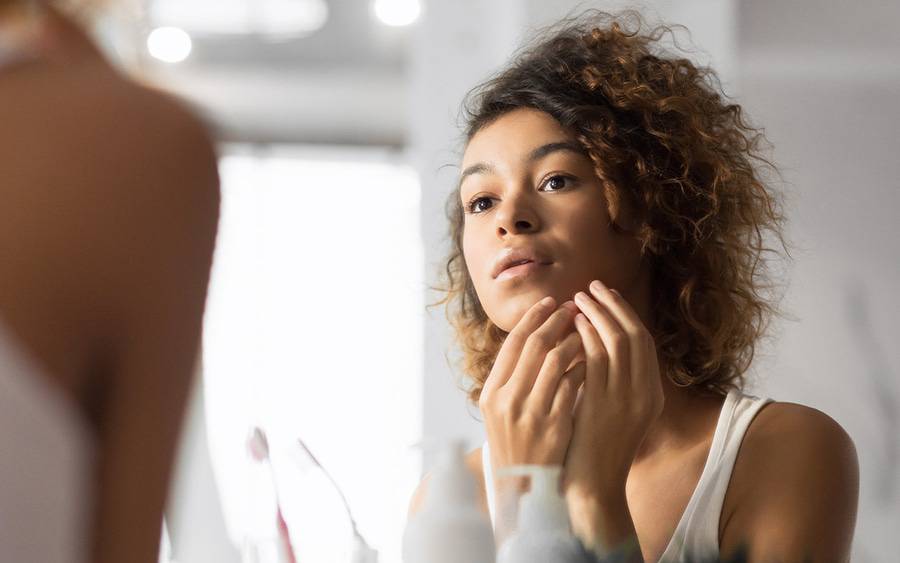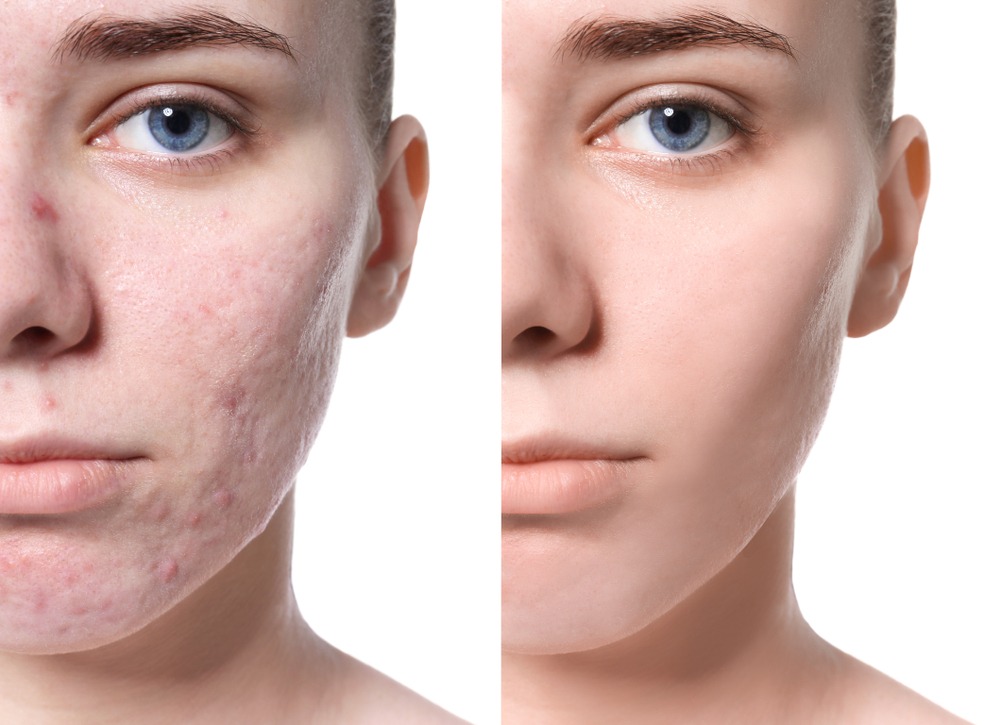Expert Acne and Acne Scars Treatment: Durable Outcomes for Clearer Skin
Expert Acne and Acne Scars Treatment: Durable Outcomes for Clearer Skin
Blog Article
Understanding the Numerous Skin Conditions and Effective Therapy Options for Acne Scars
Acne scars stand for a complicated interaction of skin problems that substantially effect people' self-confidence and general skin health. As we discover the landscape of acne mark monitoring, it becomes apparent that the trip towards more clear skin may include more than just topical services.
Types of Acne Scars
Acne marks can materialize in numerous forms, each needing specific therapy techniques. Both primary classifications of acne scars are atrophic and hypertrophic marks. Atrophic scars are defined by a loss of tissue, leading to clinically depressed areas on the skin. These scars are further categorized into 3 subtypes: ice pick scars, which are deep and narrow; boxcar scars, which are wider and have distinct edges; and rolling scars, which produce a wave-like look due to uneven skin structure.
In contrast, hypertrophic scars result from an overproduction of collagen during the healing procedure, causing increased locations on the skin. These marks are frequently firm and can differ in shade, in some cases showing up red or darker than the bordering skin.

Reasons For Acne Scarring
Scarring happens as a result of the body's natural recovery feedback to inflammation and injury triggered by acne sores. When acne types, it triggers an inflammatory reaction, causing the launch of various cytokines and growth factors that promote recovery. However, this process can in some cases result in excessive cells formation or poor repair service, causing marks.
The key root causes of acne scarring include the extent of the acne itself, duration of the lesions, and specific skin types. Serious inflammatory acne, such as cysts and blemishes, is most likely to lead to scarring as a result of much deeper tissue damage. Furthermore, improper handling of acne lesions, such as squeezing or selecting, can intensify cells injury and inflammation, increasing the likelihood of scarring.
Genetic tendency additionally plays a significant function; people with a household background of scarring are at a higher risk. Skin kind and color can influence scar formation, as darker skin tones might experience post-inflammatory hyperpigmentation, while lighter skin may develop atrophic scars.

Therapy Choices for Scarring
Effective therapy options for acne scarring differ relying on the kind and seriousness of the scars. Normally classified right into atrophic, hypertrophic, and keloid marks, these problems need customized methods for ideal results.
For atrophic scars, which are characterized by a loss of cells, therapies such as chemical peels, microdermabrasion, and laser therapy are commonly used. These techniques advertise skin renewal and boost collagen production, consequently improving skin structure. Subcision, a minimally invasive procedure, can additionally work by separating fibrous bands under the skin.
Hypertrophic and keloid marks can be much more challenging to deal with. Alternatives include corticosteroid injections to minimize swelling and squash the marks. skin rejuvenation treatments. In some cases, cryotherapy or laser treatment may be suggested to minimize their appearance
Surgical alternatives are available for serious scarring, where excision or skin grafting may be needed. It's crucial for individuals to speak with a skin specialist to examine their certain scar kind and review the most appropriate therapy strategy. Combining several treatments typically produces the most effective end results, ensuring that each person's special skin condition is attended to properly.
Natural Remedy and All-natural Solutions
All-natural solutions and home solutions can provide an easily check these guys out accessible strategy for individuals seeking to enhance the appearance of acne scars. Different components discovered in the home kitchen have shown prospective benefits in enhancing skin structure and advertising recovery.
Applying fresh aloe vera gel straight onto the scars can help enhance skin hydration and reduce inflammation. Honey has all-natural antibacterial and moisturizing qualities that can assist in mark recovery.
One more efficient option is lemon juice, which works as a natural exfoliant and can lighten hyperpigmentation. Nevertheless, it ought to be made use of cautiously, as it might cause photosensitivity. Oat meal masks are also helpful; their mild peeling can help eliminate dead skin cells while soothing inflammation.
Important oils, such as tea tree oil and lavender oil, can better sustain mark healing due to their antimicrobial residential properties. It is vital to do a spot examination prior to applying any remedy to make sure there are no negative responses. These natural remedies can be a complementary approach in the trip to lessen acne scars.
Protecting Against Future Scarring
Embracing a positive method to skin care can substantially decrease the risk of developing future acne marks. Regular cleansing, peeling, and hydration can help maintain skin health and wellness and prevent clogged up pores.
Additionally, staying clear of the lure to choose or squeeze acne lesions is critical, as this can lead to swelling and subsequent scarring. Rather, people need to focus on using topical therapies that advertise recovery and reduce swelling. Active ingredients such as salicylic acid, benzoyl peroxide, and retinoids are known for their efficacy in taking care of acne and decreasing scars.

Finally, keeping a healthy and balanced diet plan abundant in anti-oxidants and staying moisturized supports skin regeneration. By carrying out these preventive steps, people can substantially decrease their threat of future scarring and promote overall skin wellness.
Final Thought
In conclusion, an extensive understanding of acne scars, incorporating both hypertrophic and atrophic types, is essential for reliable therapy methods. Examination with a dermatologist remains imperative to design customized strategies that take into consideration private skin kinds and scar seriousness, inevitably improving the effectiveness of scar administration strategies.
Acne scars represent an intricate interaction of skin problems that dramatically effect individuals' self-esteem and overall skin wellness. The 2 primary categories of acne marks are atrophic and hypertrophic marks. These scars Learn More are more identified into three subtypes: ice pick marks, which are narrow and deep; boxcar marks, which are bigger and have well-defined sides; and rolling marks, which develop a wave-like appearance due to unequal skin texture.
A comprehensive consultation find more info with a skin specialist can aid establish the most appropriate treatment, taking right into account the individual's skin kind, mark extent, and general skin health and wellness.
Consultation with a skin doctor continues to be necessary to develop individualized methods that think about specific skin types and mark seriousness, inevitably boosting the effectiveness of scar management techniques.
Report this page